This morning, just like every day, I walked from BWO Hostel to the office at the BWO Learning Center. It’s about a five-minute walk, one that I enjoy every morning. The path has some gentle slopes, and along the way, I can see the village of Banko in the distance, framed by the beautiful mountains that surround us.
The sky was a stunning blue, with just a single bird soaring. I reached for my phone to capture an Insta story. Then, I noticed a woman by the roadside, gathering firewood with a baby strapped to her back. A moment later, I saw a high school teacher walking towards me. It was clear from the way he walked that he had polio as a child.
At that moment, a thought crossed my mind: “What a authentic African scene.” And almost immediately, I corrected myself. What do I even mean by typical or authentic Africa? At Banko Women Organization, we consciously choose not to share images that reinforce stereotypes.
How Media Shapes Our Perception
I’m Pat, a Dutch national and co-founder of Banko Women Organization in the Ghanaian village of Banko, West Africa. I’m very aware of the stereotypes surrounding the African continent. And yet, my first instinct was to see this as a beautiful, authentic African moment. But why? And what does that even mean—an African scene?
The way Africa is portrayed in the media is often one-sided and misleading. We’ve all seen the images: poor Black children with swollen bellies, covered in flies. Dusty streets, lazy people, and lions lurking on every corner. War-torn nations, extreme danger at every turn. And the message is clear: without Western aid, Africa is hopeless.
These are the narratives I’ve heard my whole life, and they’ve been ingrained in my mind.
Why Stereotypes About Africa Are Harmful
This general perception of Africa is incredibly damaging. It leads to:
- A decrease in self-worth among African communities
- Unequal power dynamics between the ‘West’ and Africa
- Short-term aid solutions instead of long-term change
- Limited economic opportunities
- A lack of fair trade with the West
- A failure to recognize the immense diversity of Africa’s 54 countries
There are countless studies on stereotypes and their consequences. This article from The Guardian clearly outlines the economic damage caused by negative stereotypes of Africa.
BWO’s Conscious Choice
This morning, I caught myself in a stereotype. The alarm bells rang the moment the word authentic popped into my mind. What does that even mean? Is the stereotype authentic?
That would be like saying the authentic Dutch person is someone standing next to a windmill, wearing wooden shoes, eating cheese, surrounded by tulips—with a bicycle nearby, of course. Completely absurd.
A quick search for synonyms of authentic brings up words like real, original, true, honest, pure, genuine. And that is exactly what we strive to show at Banko Women Organization. Not images of pity, but of strength.
Does that mean our community never struggles, never faces hunger, sadness, or hardship? Of course not. We need support, just like anyone else. But we want to highlight women’s empowerment in Ghana, not just the need for help. And we respect the dignity of the people we work with. No one wants to be photographed at their lowest moment.
This is why we make conscious choices in our communication—whether it’s on social media, in blog posts, or elsewhere.


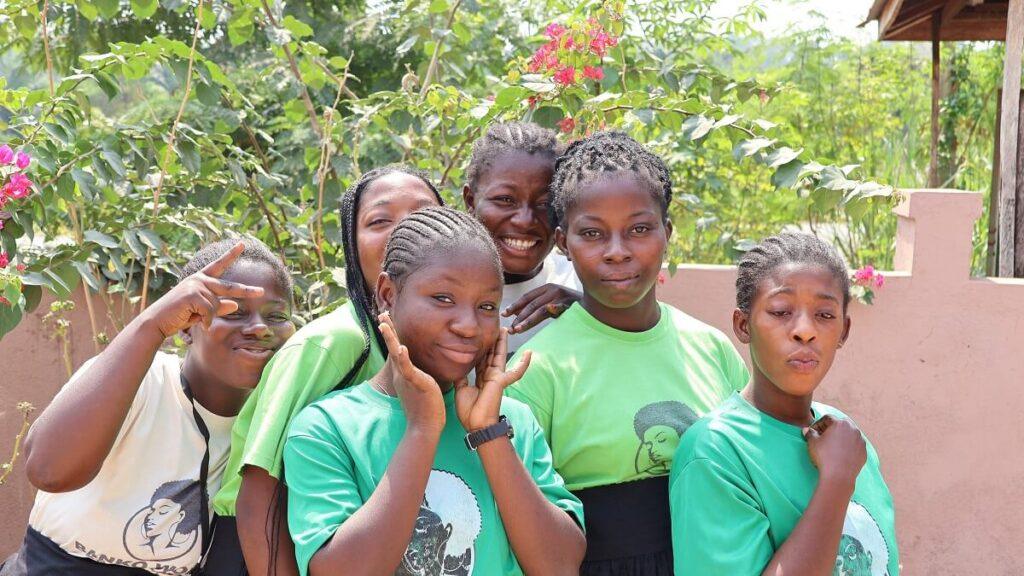
How Can You Help Change the Narrative?
Going back to the scene I witnessed this morning—the woman gathering firewood with her baby, the teacher who once had polio. They were real and original, but if I were to share this image with people who already have a distorted view of Africa, it would only reinforce that false perception. And worse, it would completely disregard their privacy.
Unfortunately, I still see this happening all too often—random photos of people and children posted on social media and websites. In many countries, this would be considered a privacy violation—so why is it acceptable here?
If you want to help break stereotypes about Africa, here are some ways you can contribute:
✔ Be aware of how Africa is portrayed in the media.
✔ Support initiatives that show a real and powerful representation of Africa.
✔ Think critically about how you talk about and share content related to Africa.
✔ If you’re unsure about posting a photo or caption—don’t.
Help Promote an Honest Image of Africa!
At BWO, we choose to showcase strong, resilient women—not stereotypes. Would you like to help create a more positive and realistic image of Africa? Follow us on Instagram and share our stories. Or directly support our projects in Ghana and make a real impact.

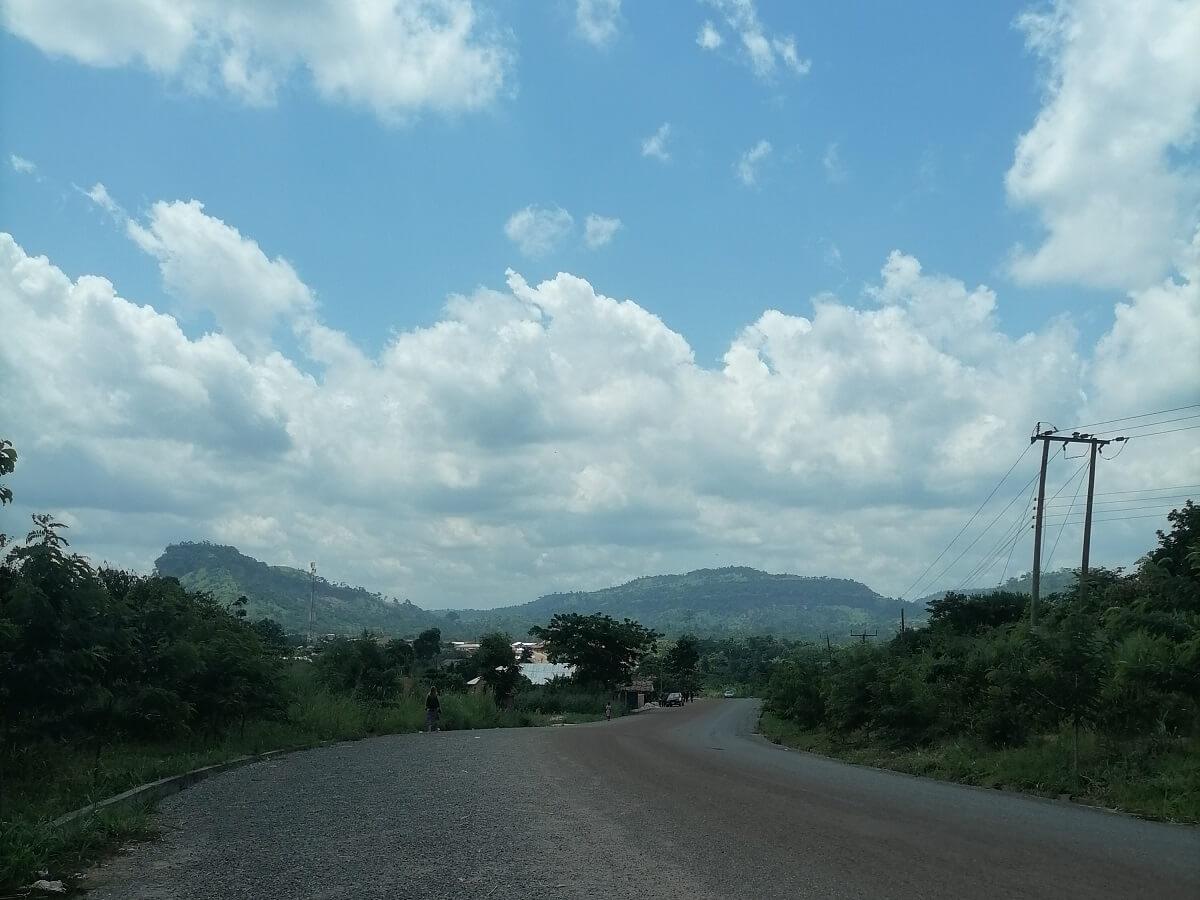
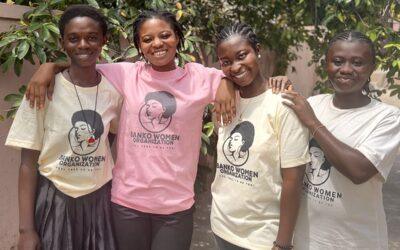
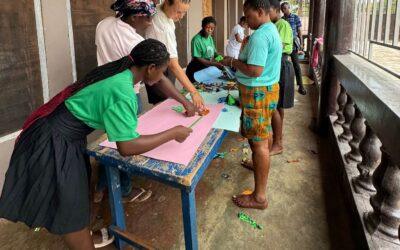
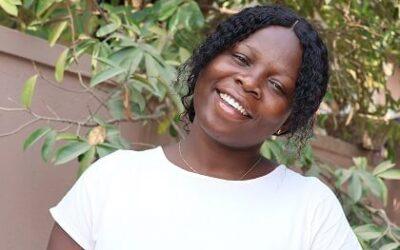
0 Comments